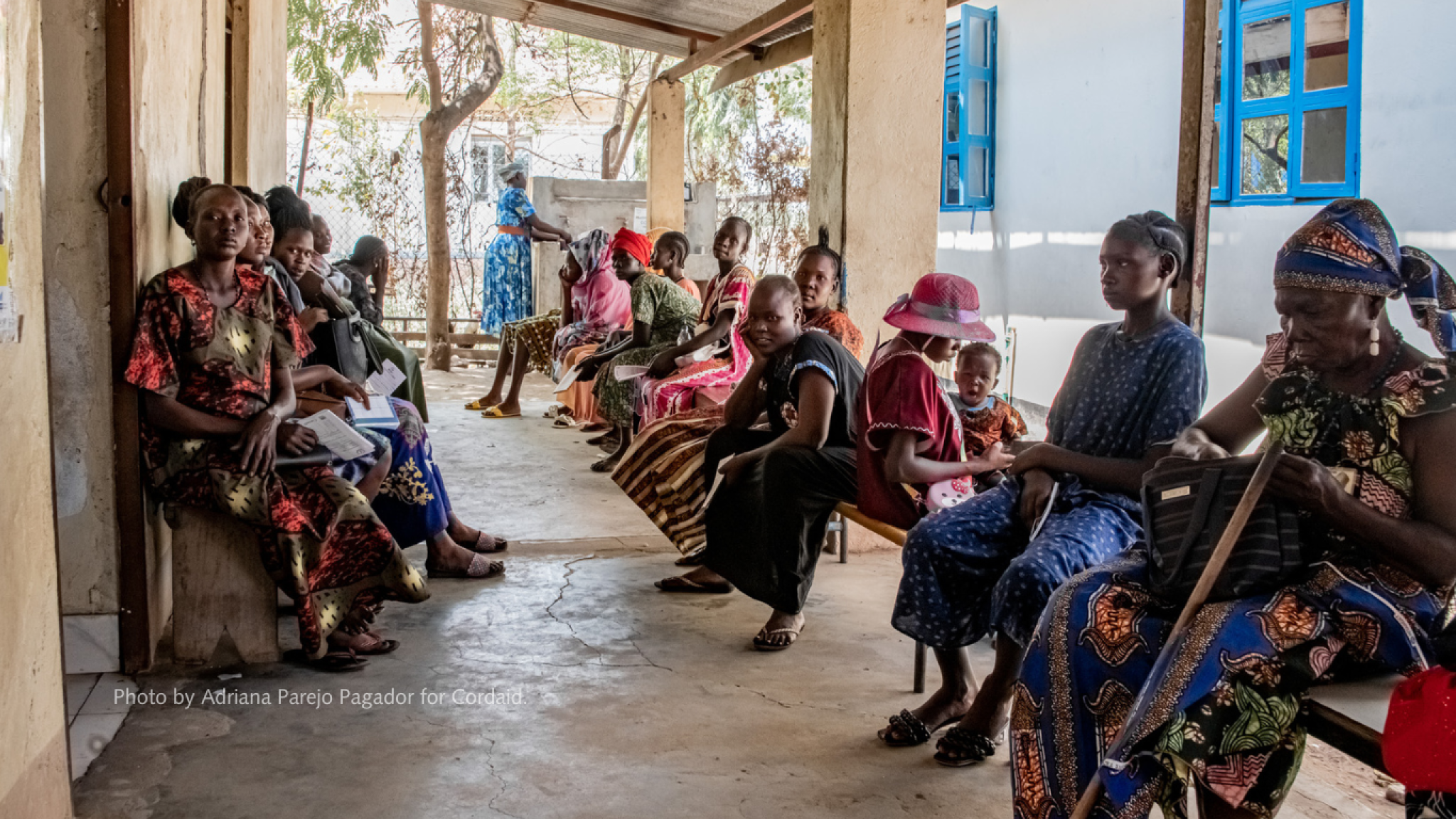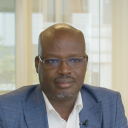What is the current situation in South Sudan? Progress in TB care amid crises
Sustaining the fight against TB in South Sudan and fragile and conflict-affected settings requires continued global commitment.

South Sudan continues to face one of the world’s most fragile health contexts, shaped by years of protracted conflict, mass displacement, and deep systemic gaps. Yet, in the midst of this adversity, progress in the fight against tuberculosis (TB) is being made thanks to global solidarity and sustained support from organizations like Cordaid and funding from the Global Fund to Fight AIDS, Tuberculosis and Malaria (the Global Fund).
With a TB prevalence estimated at 227 cases per 100,000 people and over 2 million internally displaced persons (IDPs) living in high-transmission settings, TB remains a serious public health threat across South Sudan. Nonetheless, Global Fund grants have enabled coordinated efforts between national health authorities, international partners, and civil society, and continue to effectively scale up diagnosis, treatment, and care.
Amidst a shifting global health financing landscape marked by reduced allocations and competing priorities, the urgency to fund initiatives like the Global Fund has never been more critical. As the current sources of support contract, millions remain vulnerable to preventable diseases and health system failures, threatening decades of progress in global health equity.

Protection of Civilian camp located in Rubkona
Scaling services in fragile and conflict-affected settings
During a recent conversation we had with Gerald Agaba, Project Manager at Cordaid South Sudan, he detailed that through the current Grant Cycle 7 (GC7) of the Global Fund, South Sudan has expanded TB and HIV services to over 183 health facilities across six states and three administrative areas. According to Agaba, these services now reach some of the country’s most remote and conflict-affected populations. Notably, treatment success rates have risen to 85% in target regions, he remarks.
Over 19,000 people received TB treatment in 2024 alone, a significant achievement in a country where only a quarter of health facilities previously offered TB services. The use of solar-powered GeneXpert tools has boosted diagnostic capacity, leading to a 50% increase in case detection. Digital tools, including electronic TB registration (eTBr) and real-time DHIS2 reporting via tablets, have improved case tracking and strengthened data quality.

The National Reference Laboratory, South Sudan's central lab
Despite all the challenges, we see reignited hope in communities where TB care was once out of reach. The Global Fund’s support has allowed us to outreach to communities to access tools to diagnose earlier, treat faster, and save more lives.
These achievements are not only the result of funding but of collaborative system-strengthening and person-centred approaches. Investments from the Global Fund have prioritized working within national structures, not alongside them, ensuring sustainability and local ownership. More than 2,300 frontline health workers, including community-based Boma Health Workers, are now supported with digital tools, training, and incentives, an essential foundation for service continuity in hard-to-reach areas.

The tuberculosis unit of the Military Hospital in Juba, South Sudan
The intersection of fragility and TB
South Sudan's unique context underscores the critical link between fragility and TB burden. Armed conflict, natural disasters, and displacement have left healthcare infrastructure severely weakened. Only one physician serves every 65,000 people, and long rainy seasons cut off entire communities making most roads inaccessible for people to reach TB services. Agaba mentioned that in overcrowded IDP camps like Bentiu, a mobile TB clinic increased case detection by 60%, demonstrating the power of targeted community outreach in crisis zones.

Anwar Zacharia, our Area Coordinator based in Bentiu, Unity State. He is standing on the dikes that protect the village in the back from the flood water.
The need for long-term, flexible funding in fragile and conflict-affected settings is urgent. Any disruption in supply chains or staffing can quickly reverse gains and lead to a resurgence of TB, including drug-resistant forms (DR-TB). Health education, stigma reduction, and targeted services for women and children (who remain underdiagnosed) are also essential to sustaining progress.
TB prevention and care in fragile states is not just a health issue, it’s a matter of dignity, equity, and global responsibility. As we have witnessed, the Global Fund’s support is saving lives every day in South Sudan, and continued investment is essential as we strive toward a world free from TB.
A call to action
The Netherlands is the tenth largest public donor to the Global Fund. This investment is not just a gesture of solidarity, it is a strategic pillar of global health security. Without it, essential TB and HIV services would collapse in some of the most vulnerable regions of the world.
As we experience several global health crises, the case for sustained and expanded investment is stronger than ever. The situation in South Sudan is a stark reminder that diseases know no borders, and that tackling TB in fragile and conflict-affected settings is tackling the global TB burden at its source, a global public good that mitigates cross-border spreading of TB. South Sudan, already facing a health crisis, is now further strained as reduced global funding severely hampers its ability to deliver essential health services.

Tent where medical staff treat and care for people living with HIV.
To restore, maintain and build on progress, partners and governments must commit to:
• Strengthening supply chains to prevent medication stockouts.
• Investing in local health worker training and community-led surveillance.
• Scaling digital health tools and innovative service delivery models.
• Prioritizing TB care in humanitarian and post-conflict recovery strategies.
Without immediate and increased investment, we risk reversing hard-won gains and leaving the world dangerously unprepared for emerging health crises. Now is the moment to reinforce our commitment, because the cost of inaction is measured in lives.
We urgently plead with the Netherlands to make a bold financial commitment to the Global Fund for its Eighth Replenishment this fall. The Dutch government must uphold the level of support pledged during the seventh replenishment. This is in recognition of growing global need amid rising geopolitical tensions and widespread fragility. Now is the time for leadership, solidarity, and decisive action.

Rubkona airfield: Cordaid is collecting medical supplies to deliver to health facilities.
 Opens in a new tabThe Global Fund and health security
Opens in a new tabThe Global Fund and health security
Disclaimer: All pictures in this article were taken by Adriana Parejo Pagador for Cordaid.

